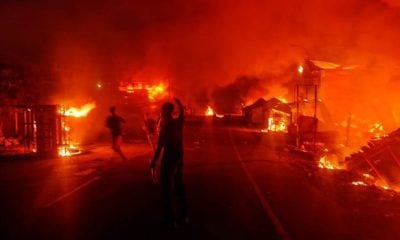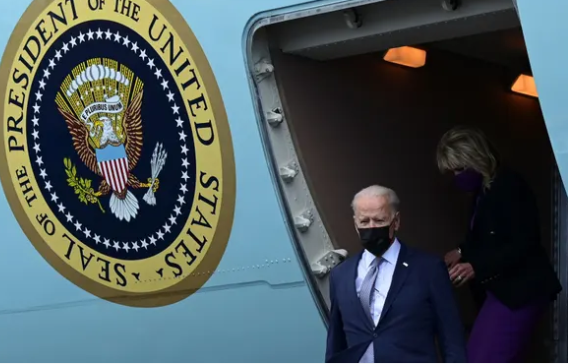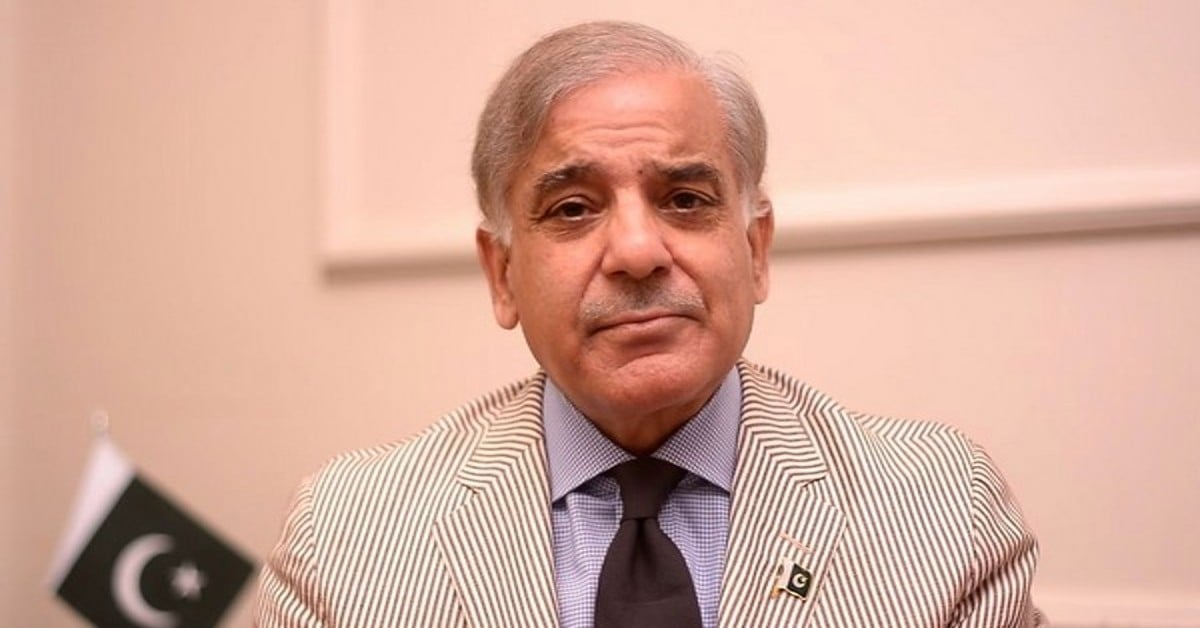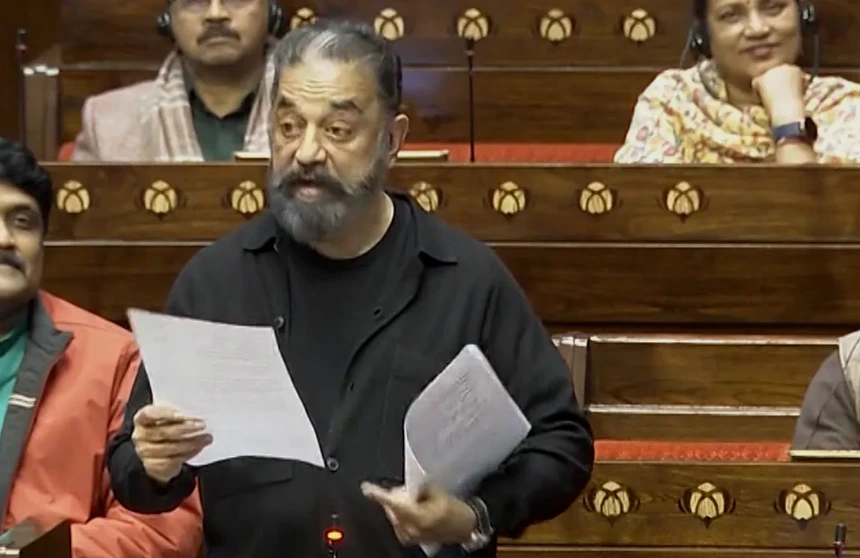[vc_row][vc_column][vc_column_text]In a move seen as a major setback to India-US bilateral relations in trade and economy, US President Donald Trump on Monday, March 4, told the US Congress he intended to terminate the designation of India and Turkey as beneficiary developing countries under the Generalised System of Preferences (GSP) programme.
The program, which sets zero tariffs for certain goods from a set of 120 developing countries in order to foster trade and economic development, accounts for some $5.6 billion of India’s exports to the US, making India the largest GSP beneficiary. Exports to the US from India under GSP — at $5.58 billion — were over 12 per cent of India’s total goods exports of $45.2 billion to the US.
The GSP programme allows duty-free entry of 1,784 products from India into the US, benefitting exporters of textiles, engineering, gems and jewellery and chemical products, said a media report.
In a letter to the Speaker of the US House of Representatives, Nancy Pelosi, Trump said that New Delhi had “not assured” the United States that it would “provide equitable and reasonable access” to the markets of India.
“I am taking this step because, after intensive engagement between the United States and the Government of India, I have determined that India has not assured the United States that it will provide equitable and reasonable access to the markets of India…” Trump said in a letter to the Speaker of the House of Representatives and President of the Senate, shared with reporters.
A mandatory 60 days must now pass after notice has been given to the beneficiary countries and to Congress, during which time there is, technically speaking, the possibility of negotiation. After the 60-day period, a beneficiary country can be taken off the GSP list by a presidential proclamation.
While Trump said in his letter that he “will continue to assess whether the Government of India is providing equitable and reasonable access to its markets, in accordance with the GSP eligibility criteria,” a re-negotiation of India’s place under the system is, however, unlikely, The Hindu reported quoting sources.
In a separate letter, Trump also informed the Congress of his intent to terminate the GSP beneficiary designation of Turkey. This was primarily because the economy of Turkey had improved a lot in the last four-and-a-half decades and is no longer a developing country.
“In the four-and-a-half decades since Turkey’s designation as a GSP beneficiary developing country, Turkey’s economy has grown and diversified,” he said.
Trump has had several disagreements with Turkey’s leader, Recep Tayyip Erdogan. His country’s once-robust economy has weakened, and that will likely be a key issue in local elections at the end of the month, said a Bloomberg report.
In a separate statement, the US Trade Representative (USTR) said India’s termination from GSP followed its failure to provide the US with assurances that it would provide equitable and reasonable access to its markets in numerous sectors. “India has implemented a wide array of trade barriers that create serious negative effects on United States commerce. Despite intensive engagement, India has failed to take the necessary steps to meet the GSP criterion,” the United States Trade Representative (USTR) said on its website.
“By statute, these changes may not take effect until at least 60 days after the notifications to Congress and the governments of India and Turkey, and will be enacted by a Presidential Proclamation,” the USTR said.
Under the United States GSP programme, certain products can enter the US duty-free if the beneficiary developing countries meet the eligibility criteria established by Congress. The GSP criteria include, among others, respecting arbitral awards in favour of US citizens or corporations, combating child labour, respecting internationally recognised worker rights, providing adequate and effective intellectual property protection and providing the US with equitable and reasonable market access. Countries can also be graduated from the GSP programme, depending on factors related to economic development.
Points of friction
India’s new e-commerce rules, price controls on medical devices and tariffs on ICT (information and communications technology) products are among the issues that have caused trade frictions between the two countries. Trump has repeatedly taken shots at India’s tariffs, which he views as unreasonable. US commerce secretary Wilbur Ross recently raised concerns regarding new trade barriers created by India, hinting at the stringent e-commerce rules that affected US companies such as Amazon and Walmart-owned Flipkart.
The Trump Administration had launched an eligibility review of India’s compliance with the GSP market access criterion in April 2018. The USTR announced that it was reviewing the GSP eligibility of India, after the US dairy industry and the US medical devices industry requested a review of India’s GSP benefits, given India’s alleged trade barriers affecting US exports in these sectors. Total US imports under GSP in 2017 was $21.2 billion, of which India was the biggest beneficiary with $5.6 billion, followed by Thailand ($4.2 billion) and Brazil ($2.5 billion).
“India has implemented a wide array of trade barriers that create serious negative effects on United States commerce. Despite intensive engagement, India has failed to take the necessary steps to meet the GSP criterion,” the USTR said.
India to take it easy
The Indian government on Tuesday downplayed the effect of the decision by the United States government to withdraw trade concessions granted to India under the Generalised System of Preferences (GSP).
India’s Commerce secretary Anup Wadhawan, The Hindu reported, said that the impact would amount to $190 million on total export amount of $5.6 billion to the US.
He said disproportionate demands from the US led to the collapse of talks even though India was ready for greater market access in agricultural products to the US.
“The withdrawal of GSP benefits to India will have a minimal and moderate impact,” Wadhawan was reported to have said at a press conference. “The total GSP benefits amount to about $190 million on overall exports of $5.6 billion between the two countries.”
“We had worked out a meaningful package that covered the US’ concerns but they made additional requests which were not acceptable at this time,” he added.
Wadhawan added that India was still in talks with the US on the higher import duties that country charges on steel and aluminium, and said that India was still reviewing whether it would impose retaliatory tariffs or not. The government had in the middle of last year decided the list of items on which it would impose retaliatory tariffs, but has since then postponed the deadline of implementation six times, said The Hindu report. The latest deadline is April 1, 2019.
[/vc_column_text][/vc_column][/vc_row]


 Latest world news21 hours ago
Latest world news21 hours ago
 Latest world news22 hours ago
Latest world news22 hours ago
 Cricket news22 hours ago
Cricket news22 hours ago
 India News18 hours ago
India News18 hours ago
 India News13 hours ago
India News13 hours ago













